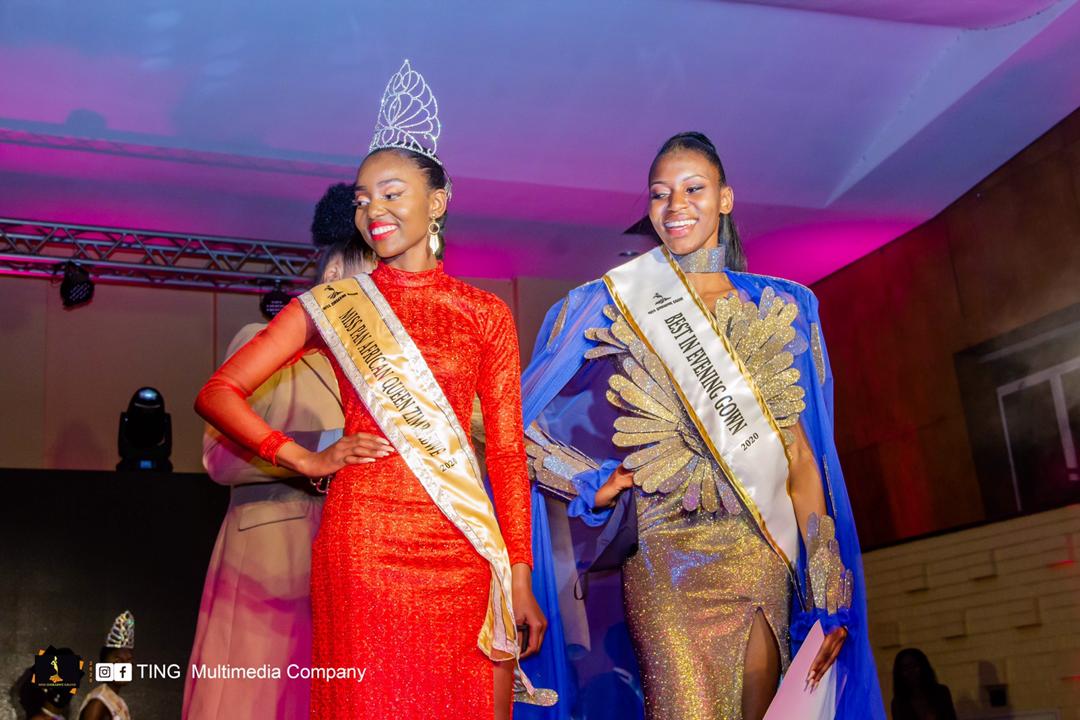While Beijing defends its aid practices on the grounds they are neutral and respect recipient nations' sovereignty, Chinese money is not wholly unpolitical.
For example, African nations have long been a battle ground for China and Taiwan, officially the Republic of China, with Beijing
providing aid and economic deals to nations which ditch Taipei and recognize the People's Republic of China instead. Today, in Africa only
Burkina Faso and Swaziland officially recognize Taiwan.Furthermore, in 2016 the president of Sierra Leone, Ernest Bai Koroma,
confirmed that the Communist Party of China (CPC) had agreed to build his ruling All People's Congress party a six-story headquarters in the capital of Freetown.
[caption id="attachment_45648" align="alignleft" width="780"]

Chinese employees of the new railway which will link Addis Ababa to Djibouti take pictures in front of the Chinese-made Ethiopian trains in Addis Ababa on September 24, 2016.[/caption]
China becoming an aid power?
As China grows as a world power, its aid programs in general are expanding globally, too. A study published last year by AidData, a research lab at the College of William & Mary, found the size of Chinese aid assistance to be much larger than previously believed.
Earlier this month, China announced plans to form an international development cooperation agency to coordinate its global aid program. Previously China had no dedicated agency devoted to foreign aid, despite giving
tens of billions of dollars in overseas assistance since 2000.
"The Chinese government actually considers the details of its overseas development programs to be a state secret," AidData executive director Brad Parks told CNN.
The AidData study found that at least 70% of China's overseas aid was sent to Africa from 2000-2014. While the report noted that "Chinese aid substantially improves economic growth," it also deemed the majority of spending less than effective and warned it may undermine Western efforts to use aid to promote democracy and political reform, at a time when the US is pulling back on overseas spending.
Giving developing nations buildings designed to help their political institutions prosper is part of that expanded aid program, says Aaron Tesfaye, a professor in political science at William Paterson University, New Jersey.
"We are now seeing China being a responsible nation, with peacekeeping forces in Darfur and Mali," he says. "So I can see where financing ECOWAS is a step forward in that responsibility."
Taylor agrees that in some African nations, such as Ethiopia where China has built a metro in the capital city and connected the land-locked country to the ocean via the Addis-Ababa-Djibouti Railway, as well as built the AU headquarters, most people see Chinese construction projects such as "positive."
"The cultural power of China in the world today is a reality and something that is being embraced, given its economy cannot be ignored," says Olayoku. "I don't see anything wrong with China building the ECOWAS headquarters, as long as it does not impose its values."
*Source CNN.CNN's James Griffiths also contributed to this report.
































